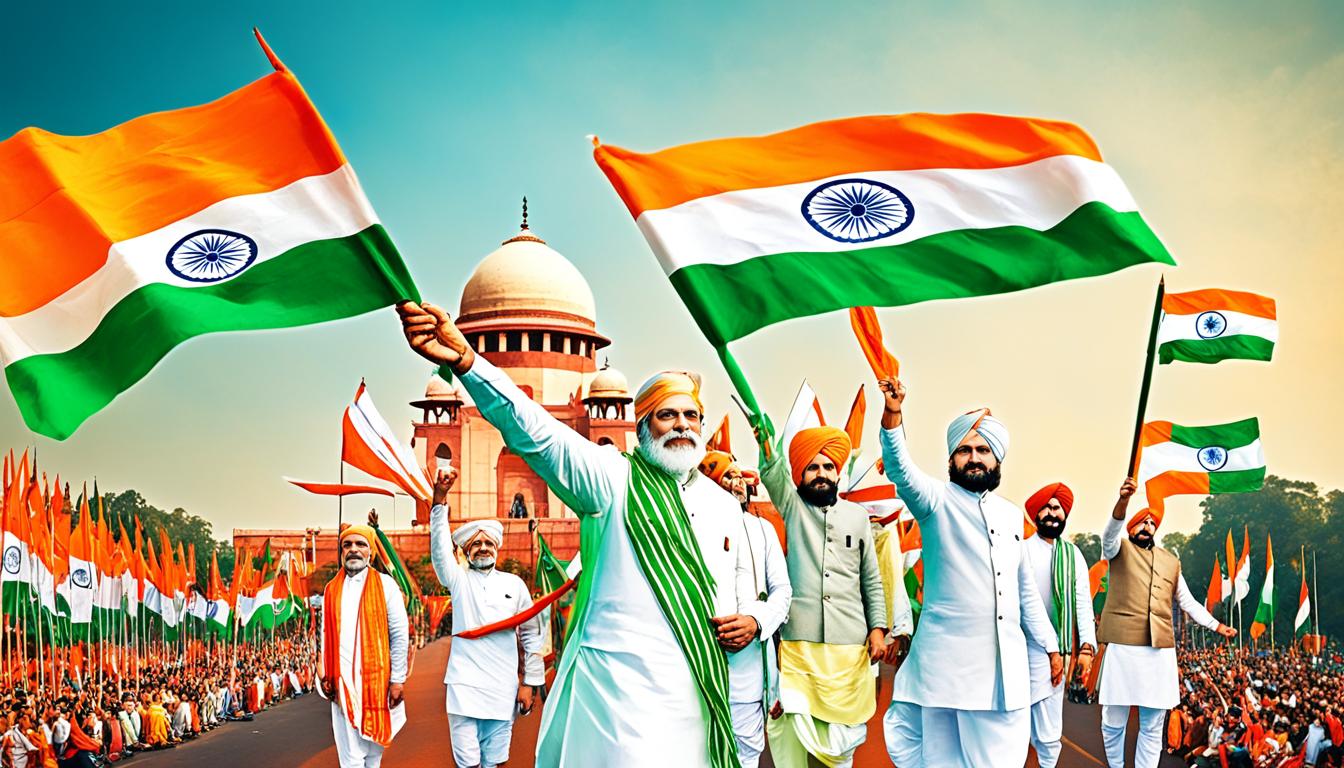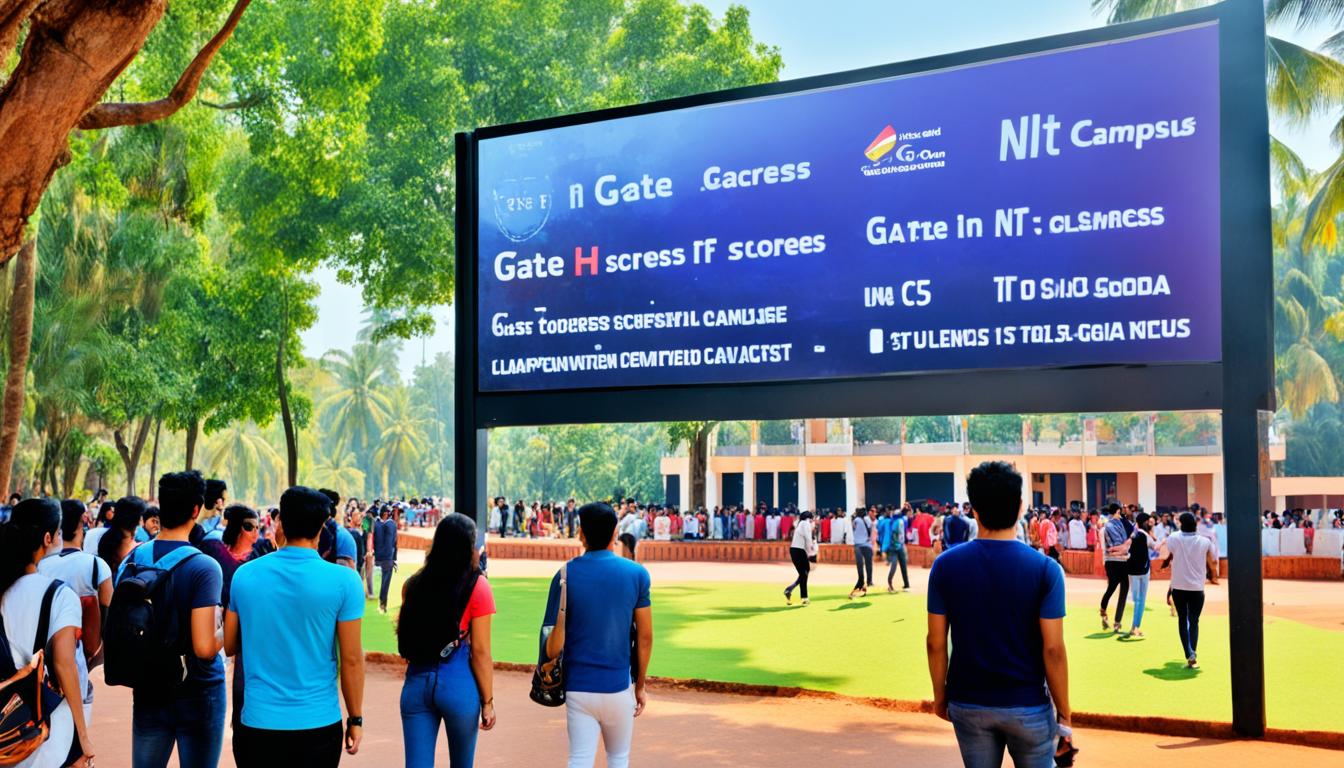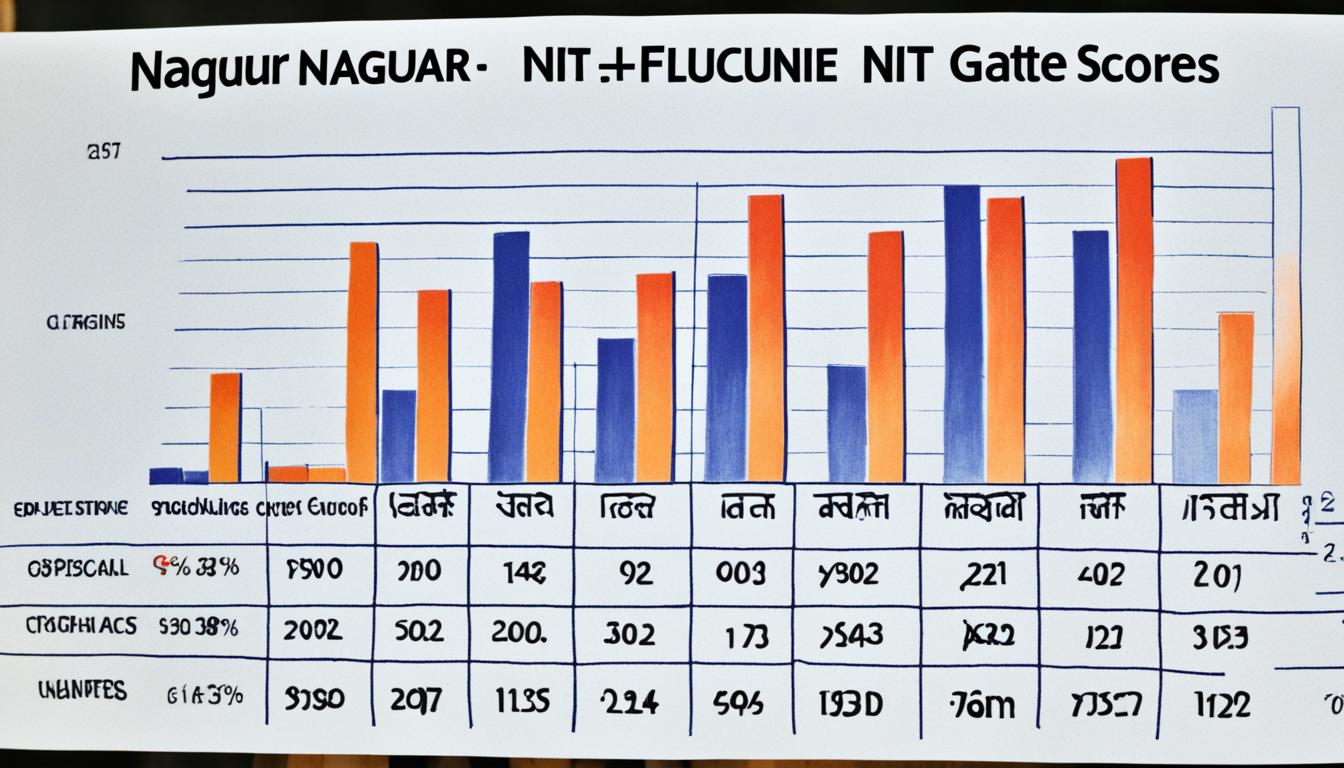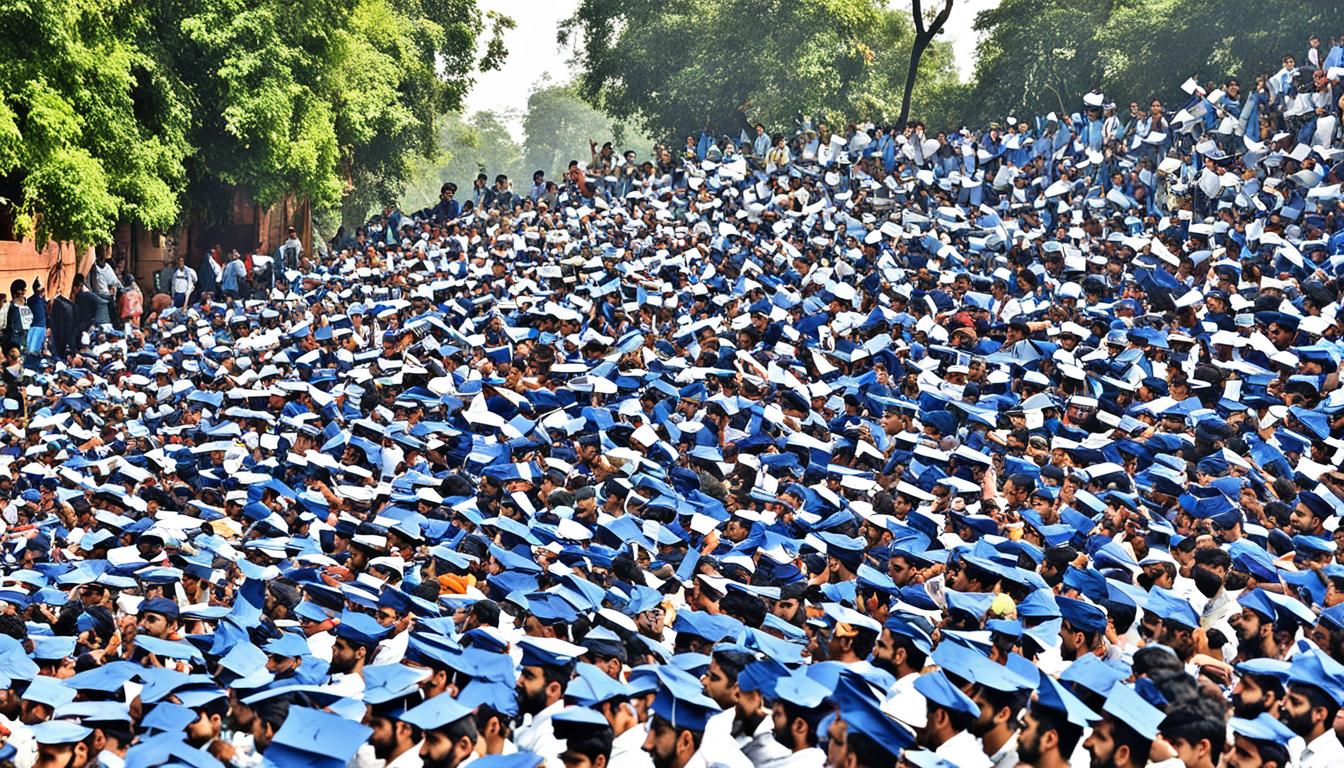Republic Day 2024 is just around the corner, and it’s time to commemorate the rich history and significance of this important occasion. As we prepare to celebrate this momentous day, let us take a moment to delve into the past and understand why Republic Day holds such immense importance in our hearts and minds.
Republic Day marks the day when the Indian Constitution came into effect, cementing India as a democratic republic. On January 26th, 1950, the country made a historic transition from being a colony to becoming a sovereign nation. This day of immense national pride signifies the culmination of a long and arduous struggle for independence.
As we celebrate Republic Day 2024, it’s crucial to reflect on the significance of this milestone. Republic Day showcases the democratic values and principles that form the foundation of our nation. It symbolizes the collective spirit and unity of the Indian people, who strive for freedom, equality, and justice for all.
During the Republic Day celebrations, citizens from all walks of life come together to pay homage to the Indian Constitution. It is a time when we honor the guiding principles that shape the governance of our nation, ensuring that the voices of the people are heard and respected.
This year’s Republic Day not only commemorates the historic journey towards independence but also serves as a reminder of the challenges and triumphs that have shaped our nation. It is an opportunity to educate the younger generation about the sacrifices made by our freedom fighters and the importance of preserving democratic values.
Key Takeaways:
- Republic Day 2024 celebrates the day the Indian Constitution came into effect, marking India’s transition into a democratic republic.
- This significant milestone symbolizes the unity, freedom, and equality that define the Indian nation.
- Republic Day serves as a tribute to the guiding principles of the Indian Constitution and the rights and responsibilities of its citizens.
- The celebration of Republic Day is a reminder of the sacrifices made by freedom fighters and the importance of preserving democratic values.
- This year’s Republic Day is an opportunity to educate the younger generation about India’s journey towards independence and the significance of the democratic principles that shape our nation.
The Birth of Republic Day
Republic Day in India holds a rich history, tracing its origins back to a significant event that shaped the nation’s destiny. On this day, we commemorate the establishment of India as a sovereign republic, marking a pivotal moment in our journey towards independence and self-governance.
In order to understand the birth of Republic Day, it is essential to delve into the historical background that led to its inception. The Indian National Congress, the largest political organization at the time, launched the demand for complete independence from British rule in 1929. The call for Poorna Swaraj, or complete self-rule, gained momentum and culminated in the adoption of the Indian Constitution on November 26, 1949.
However, it was not until January 26, 1950, that the Constitution came into effect, officially declaring India as a republic. This momentous occasion symbolized the consolidation of India’s democratic values, with the people of India becoming the sovereign authority governing the nation.
“The Constitution is not a mere lawyers’ document, it is a vehicle of Life, and its spirit is always the spirit of the age.”
The specific reasons for celebrating Republic Day in 2024 are twofold. Firstly, it marks the 75th anniversary of India’s independence, a significant milestone in our nation’s history. This year holds immense emotional and historical importance, celebrating the achievements and progress made since attaining freedom. Secondly, it is an opportunity to reflect on the democratic values enshrined in the Indian Constitution and recommit ourselves to upholding them.
To gain a deeper understanding of the birth of Republic Day and its historical significance, let’s explore a timeline of events leading up to its establishment:
| Events | Date |
|---|---|
| The Indian National Congress’ demand for complete independence | 1929 |
| Adoption of the Indian Constitution | November 26, 1949 |
| Official proclamation of the Indian Republic | January 26, 1950 |
Image related to the Birth of Republic Day:
As we commemorate Republic Day 2024, it is important to honor the struggles and sacrifices of our freedom fighters in their quest for independence. This day serves as a reminder of our nation’s journey and the responsibility we hold in upholding the principles of democracy and equality.
Significance of Republic Day
The celebration of Republic Day holds immense significance in the history of India. This auspicious day commemorates the transition of the nation into a sovereign republic, marking a pivotal moment in the country’s journey towards independence and democratic governance.
Republic Day signifies the adoption of the Indian Constitution on January 26, 1950, which established India as a democratic republic, empowering its citizens with rights, freedoms, and equality under the law. It serves as a powerful reminder of the struggles, sacrifices, and aspirations of the Indian people in their relentless pursuit of independence and self-governance.
As India’s most important national holiday, Republic Day embodies the core values and principles that shape the nation’s identity and collective consciousness. It symbolizes the unity, diversity, and resilience of India, showcasing the rich cultural mosaic that defines the country.
On this momentous occasion, the entire nation comes together to pay homage to the founding fathers of the Indian Constitution and celebrate the democratic ideals that form the bedrock of the nation. It is an opportunity to reflect on the progress made, reaffirm commitment to democratic governance, and renew the pledge to uphold the rights and responsibilities of every citizen.
“Republic Day is the symbol of India’s unity, diversity, and bold spirit. It reminds us of the democratic principles that bind us together as a nation and inspire us to strive for a more inclusive and equitable society.”
– President Ram Nath Kovind
The Importance of Republic Day
Republic Day holds immense importance in shaping the democratic ethos of India. It serves as a constant reminder of the values and principles enshrined in the Constitution, such as liberty, equality, justice, and fraternity.
This historic celebration fosters a sense of national pride and unity among the citizens, transcending caste, creed, religion, and language barriers. It brings people from diverse backgrounds together, strengthening the social fabric of the nation and reinforcing the idea of India as a harmonious and inclusive society.
Republic Day also plays a crucial role in educating the younger generation about the country’s history, democratic principles, and constitutional rights. Through various cultural programs, parades, and flag hoisting ceremonies, the youth are inspired to actively participate in the democratic process and contribute towards building a better future for the nation.
Key Events Leading to Republic Day
| Year | Event |
|---|---|
| 1947 | India gains independence from British rule |
| 1947-1949 | Formation of the Constituent Assembly and drafting of the Indian Constitution |
| January 26, 1950 | Adoption and enactment of the Indian Constitution |
The significance of Republic Day extends beyond the borders of India. It serves as a testament to the country’s commitment to democratic ideals, inspiring other nations in their pursuit of freedom, equality, and justice.
Furthermore, Republic Day holds diplomatic significance as it provides an opportunity for India to showcase its cultural heritage, diversity, and achievements to the international community. Through diplomatic parades and cultural exchanges, India strengthens its global partnerships and fosters mutual understanding and cooperation with other nations.
Republic Day is a momentous celebration that embodies the spirit of India’s democratic journey, reminding us of the importance of upholding the values of justice, liberty, equality, and fraternity for a brighter and more inclusive future.
Celebrating the Constitution
Republic Day is celebrated in India as a tribute to the Indian Constitution, which plays a crucial role in shaping the nation’s principles of equality, freedom, and justice. The Constitution, adopted on January 26, 1950, laid the foundation for a new democratic republic.
The Indian Constitution is a visionary document that embodies the aspirations and values of the Indian people. It guarantees fundamental rights to every citizen, ensuring equality and safeguarding their individual liberties. The Constitution also outlines the responsibilities and duties of citizens, emphasizing their active participation in the democratic process.
On Republic Day, the nation pays homage to the framers of the Constitution and honors their efforts in shaping a progressive and inclusive society. The celebration symbolizes the triumph of democracy and serves as a reminder of the principles enshrined in the Constitution.
Republic Day is not just a commemoration; it is a celebration of our unwavering commitment to the ideals of justice, liberty, equality, and fraternity. It reminds us that we are all equal citizens in this great democracy, and it encourages us to strive for a better and more inclusive future.
The Indian Constitution has stood the test of time, serving as a guiding light for the nation’s progress. It has provided a strong framework for governance, ensuring the functioning of democratic institutions and upholding the rule of law.
Through Republic Day celebrations, the Constitution is celebrated as a living document that promotes unity, diversity, and social justice. It reminds us of our shared heritage and values, inspiring us to work towards a harmonious and prosperous nation.
The celebration of Republic Day is not only confined to India but also resonates globally. It showcases India’s commitment to democracy, equality, and human rights, influencing other nations and inspiring people around the world.
Key Features of the Indian Constitution
| Features | Description |
|---|---|
| Fundamental Rights | Guarantees individual liberties and safeguards against discrimination. |
| Directive Principles of State Policy | Guidelines for the government to promote social and economic justice. |
| Separation of Powers | Division of powers between the legislative, executive, and judicial branches. |
| Federal System | Provides for a dual polity, sharing powers between the central and state governments. |
| Amendment Procedure | Allows for the modification of the Constitution to meet the changing needs of the nation. |
The celebration of Republic Day is a testament to the enduring legacy of the Indian Constitution. It serves as a reminder of our rights and responsibilities as citizens and inspires us to uphold the democratic values enshrined in the Constitution.
Historic March Towards Independence
Republic Day, celebrated annually on the 26th of January, marks a significant milestone in India’s journey towards freedom. This day holds great historical significance, as it commemorates the moment when the country’s constitution came into effect, establishing it as a sovereign republic.
India’s struggle for independence was a long and arduous journey, characterized by a series of significant events and milestones. From the non-violent civil disobedience movements led by Mahatma Gandhi to the sacrifices made by countless freedom fighters, the path to freedom was paved with determination and resilience.
One of the pivotal moments in India’s fight for independence was the historic Dandi March, also known as the Salt March, initiated by Mahatma Gandhi in 1930. This peaceful protest against the British salt monopoly united the nation and galvanized the masses in their pursuit of freedom. The Dandi March played a crucial role in shaping the course of the independence movement, inspiring countless individuals to join the fight.
Another significant event in India’s march towards independence was the Quit India Movement launched by Mahatma Gandhi in 1942. This movement called for complete independence from British rule and ignited a spirit of resistance and collective action among the people. The Quit India Movement added impetus to the struggle and brought the nation closer to its ultimate goal of freedom.
“In a gentle way, you can shake the world.” – Mahatma Gandhi
Finally, on the 15th of August 1947, India achieved its long-awaited independence, marking the end of over two centuries of British colonial rule. However, it was not until the 26th of January 1950 that the country’s transformation into a republic was complete. The adoption of the Constitution of India on this day signaled a new era of self-governance and democracy.
The celebration of Republic Day not only honors the establishment of the republic but also pays tribute to the sacrifices and struggles of those who fought for independence. It serves as a reminder of the resilience and determination of the Indian people in their quest for freedom.
| Date | ttEvent | t
|---|---|
| 1930 | ttDandi March (Salt March) | t
| 1942 | ttQuit India Movement | t
| 15th August 1947 | ttIndian Independence | t
| 26th January 1950 | ttRepublic Day | t
Unifying the Nation
Republic Day holds immense significance as a unifying force in India. It serves as a powerful platform that brings people from diverse backgrounds together, fostering a deep sense of national unity and pride. This annual celebration serves as a reminder of the shared values and aspirations that bind the people of India.
“Republic Day is a time when we come together as one nation, setting aside our differences and celebrating our shared heritage and democratic ideals.”
“When you witness the vibrant Republic Day Parade, with people from every corner of the country cheering on and celebrating as one, you truly feel the spirit of unity that defines India.”
“The diverse cultural performances, showcasing the rich tapestry of Indian traditions, highlight the beauty and strength of our unity in diversity.”
On this auspicious day, citizens of India, irrespective of their religion, caste, or creed, stand united under the tricolor flag, symbolizing their collective desire for progress, harmony, and inclusive growth. Republic Day celebrations instill a sense of belongingness among the citizens and reinforce the idea that the nation stands strong when its people stand together.
“The unifying power of Republic Day lies in its ability to bridge the gaps, overcome divisions, and unite us as one nation, nurturing a shared identity that transcends individual differences.”
This celebration is not only a reminder of our past struggles and achievements but also a call for a brighter future, where the aspirations of every Indian find expression and fulfillment. The unifying essence of Republic Day inspires citizens to work towards building a society based on equality, justice, and fraternity.
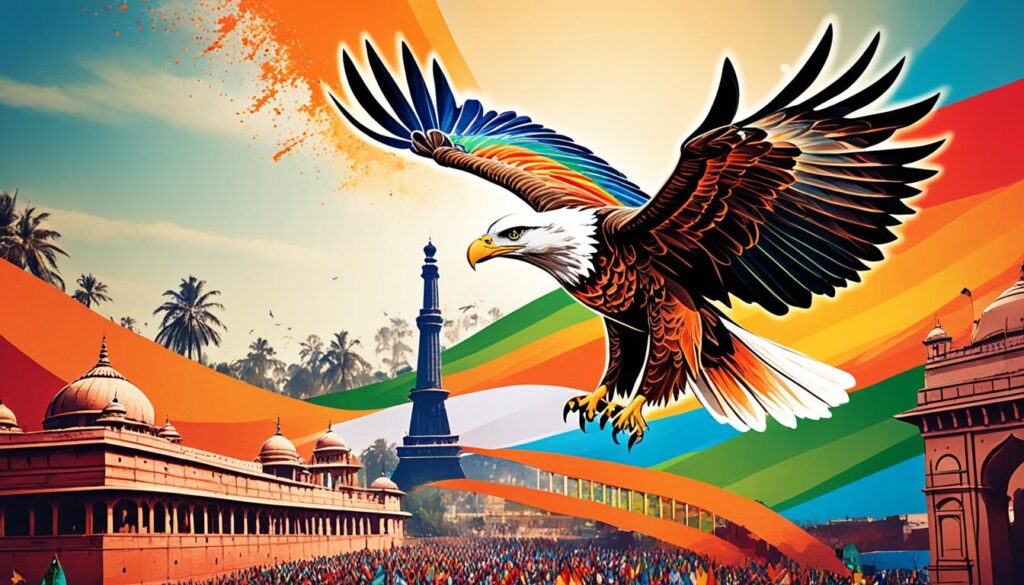
| Key Points about the Unifying Nature of Republic Day |
|---|
| Brings people from diverse backgrounds together |
| Fosters a deep sense of national unity and pride |
| Transcends individual differences and unites under the tricolor flag |
| Reinforces the idea of a united India standing strong |
| Inspires citizens to work towards a society based on equality and justice |
Preserving Democratic Values
Republic Day holds immense importance in preserving and upholding democratic values. This national celebration serves as a powerful reminder of the rights and responsibilities that citizens hold in a democratic society.
By commemorating Republic Day, we honor the principles of equality, freedom, and justice enshrined in our constitution. This annual event reaffirms our commitment to democracy and unity, fostering a sense of civic duty among individuals from all walks of life.
Republic Day empowers us to reflect upon the progress we have made as a nation and the challenges we face ahead. It serves as a time to appreciate the democratic foundations upon which our society is built and to recommit ourselves to their preservation.
“The greatest glory of a free-born people is to transmit that freedom to their children.” – William Havard
Celebrating Diversity and Equality
Republic Day celebrations highlight our rich cultural diversity and the importance of inclusivity. It is a day when citizens from various backgrounds come together to commemorate our shared heritage and values.
Through vibrant parades, cultural programs, and flag hoisting ceremonies, Republic Day showcases the strength of our unity in diversity. It reminds us that our democracy thrives when all individuals are treated with respect and equality, irrespective of their religion, language, or societal status.
Upholding Fundamental Rights
Republic Day celebrations also underscore the significance of safeguarding and promoting the fundamental rights guaranteed to all citizens. These rights, such as freedom of speech, expression, and religion, are essential pillars of a democratic society.
As we witness the grandeur of Republic Day, we are reminded of the role each of us plays in upholding these rights and ensuring their protection. It encourages us to actively participate in the democratic process, voicing our opinions, and contributing to the betterment of society.
The Importance of Republic Day in Preserving Democratic Values
| Key Aspects | Description |
|---|---|
| Celebrating Diversity | Republic Day emphasizes inclusivity, fostering unity among diverse communities. |
| Upholding Fundamental Rights | Republic Day serves as a reminder to protect and promote the fundamental rights of all citizens. |
| Recommitting to Democracy | The celebration reaffirms our commitment to democratic principles and values. |
Republic Day, with its grand celebrations and deep symbolism, reinforces our dedication to democratic ideals. It ignites a renewed sense of patriotism and responsibility within each citizen, inspiring us to work collectively towards the preservation of our democratic values.
Grand Celebrations and Traditions
Republic Day is a momentous occasion in India, celebrated with grandeur and fervor. The day is marked by elaborate parades, flag hoisting ceremonies, and cultural programs that showcase the rich heritage and diversity of the country.
One of the highlights of the Republic Day celebration is the iconic Republic Day Parade in New Delhi. This magnificent spectacle takes place at Rajpath, where the President of India unfurls the national flag and takes the salute of the military contingents, showcasing the country’s defense capabilities and cultural diversity. The parade features marching contingents, impressive floats, tableau displays, and daredevil motorcycle stunts by the renowned Indian Armed Forces.
In addition to the parade, various cultural programs and performances are organized across the country. Schools, colleges, and community organizations take part in these celebrations, showcasing traditional dances, music, and theatrical performances that depict the vibrant cultural fabric of India.
“Republic Day is not just a celebration; it is a reflection of our unity, diversity, and national pride.”
The flag hoisting ceremony is a significant part of the Republic Day celebrations. People gather in schools, government offices, and public spaces to witness the hoisting of the national flag. The tricolor flag, with its saffron, white, and green stripes, represents courage, peace, and prosperity, respectively. The hoisting of the flag is accompanied by the singing of the national anthem, “Jana Gana Mana,” which instills a sense of patriotism and unity among the citizens.
The Republic Day celebrations also include awards and honors conferred by the President of India for exceptional service and contributions in various fields. The prestigious Padma Awards and Bharat Ratna, the highest civilian award, are presented to individuals who have excelled in their respective domains and made outstanding contributions to society.
The grand celebrations and traditions associated with Republic Day serve as a reminder of India’s journey as a sovereign nation and the values it upholds as a democratic republic. The festivities not only foster a sense of national pride but also reinforce the principles of liberty, equality, and justice that form the foundation of the Indian Constitution.
Educational Significance
Republic Day holds immense educational significance as it provides a platform to educate citizens, especially the youth, about the rich history, democratic principles, and constitutional rights of our nation. Through various educational initiatives and programs, Republic Day cultivates a sense of national pride and fosters a deep understanding of the values that form the foundation of our democratic society.
On this auspicious day, schools and educational institutions across the country organize special events and activities to enlighten students about the struggles and sacrifices made by our freedom fighters. It serves as an opportunity to showcase the spirit of patriotism and instill a sense of responsibility and civic duty among the younger generation.
“Education is the most powerful weapon which you can use to change the world.” – Nelson Mandela
Through thought-provoking speeches, informative lectures, and engaging debates, Republic Day helps in nurturing a well-informed citizenry that is aware of their rights and responsibilities. Students learn about the Indian Constitution, its fundamental rights, and the principles of democracy that shape our nation.
Benefits of Educational Significance
The educational significance of Republic Day extends beyond the classroom. It empowers the youth to become active participants in shaping a better future for India. By understanding the struggles of the past and the vision of our forefathers, students are inspired to become responsible citizens who contribute positively to society.
- Enhancing Historical Knowledge: Republic Day encourages students to delve deeper into the history of India’s freedom struggle, promoting a comprehensive understanding of the sacrifices made by our heroes.
- Promoting Democratic Values: By emphasizing the significance of democracy, Republic Day helps in fostering a deep respect for democratic ideals such as equality, justice, and freedom among the younger generation.
- Encouraging Civic Engagement: Educating the youth about the rights and responsibilities outlined in the Indian Constitution motivates them to actively participate in democratic processes and contribute to the development of the nation.
- Nurturing National Identity: Republic Day celebrations cultivate a strong sense of national identity and unity among students, fostering pride in their country’s rich cultural heritage and diverse populace.
The educational significance of Republic Day cannot be overstated. It plays a vital role in shaping the minds and hearts of the future leaders of our nation, equipping them with the knowledge and values necessary to build a progressive and inclusive India.
Global Impact
Republic Day holds immense significance not just within the borders of India, but also on the global stage. Its celebration transcends national boundaries, inspiring other nations and showcasing India’s unwavering commitment to democratic ideals. This annual observance serves as a symbol of unity, sovereignty, and the triumph of democracy.
The diplomatic significance of Republic Day cannot be understated. It provides an opportunity for India to strengthen its international relations and foster partnerships with countries around the world. The presence of foreign dignitaries, including heads of state, at the Republic Day parade in New Delhi highlights the global admiration for India’s democratic journey and its contributions to the international community.
The celebrations on Republic Day captivate audiences worldwide, evoking a sense of awe and appreciation for India’s rich cultural heritage. The grandeur of the parade, showcasing the country’s military might, diverse cultural performances, and display of traditional crafts, leaves a lasting impression on spectators from all corners of the globe.
“Republic Day is a testament to the values of liberty, equality, and fraternity that underpin the Indian democracy. It serves as a beacon of hope for nations striving for independence and democracy.”
Inspiring Democracies Across the Globe
The significance of Republic Day extends beyond showcasing India’s democratic success. It serves as an inspiration for emerging democracies and those countries fighting for self-governance. The peaceful transition of power, the rule of law, and the protection of individual rights demonstrated by India’s Republic Day celebrations sends a powerful message to nations grappling with similar struggles.
Republic Day also provides a platform for India to share its democratic values and principles with the rest of the world. Through cultural exchanges, diplomatic dialogues, and networking opportunities, the celebrations facilitate meaningful conversations and collaborations that promote global peace, stability, and progress.
- India’s commitment to democracy:
- Strengthening international relations:
- Multiculturalism and diversity:
By upholding the democratic values enshrined in its constitution, India sets an example for nations facing challenges in establishing or sustaining democracy. Republic Day demonstrates that democracy is not just a political system, but a way of life that empowers its citizens and ensures their well-being.
The presence of international leaders at the Republic Day celebrations fosters diplomatic ties, encourages cooperation, and deepens friendships between nations. It provides a fertile ground for dialogue and collaboration on a wide range of global issues, from trade and security to sustainable development and climate change.
India’s diverse cultural heritage takes center stage during Republic Day celebrations, celebrating the richness and inclusivity of its society. This serves as a reminder that unity can be achieved amidst diversity and that cultural harmony is vital for peaceful coexistence.
Republic Day’s global impact not only showcases India’s progress as a vibrant and thriving democracy but also reinforces the nation’s commitment to fostering positive change on a global scale. It stands as a testament to the enduring legacy of freedom fighters and the collective vision of the Indian people.
| Key Highlights of Republic Day’s Global Impact | Countries Impacted | Benefits and Outcomes |
|---|---|---|
| Inspiration for emerging democracies | Various countries across the world | Encourages the pursuit of democratic ideals and empowers nations in their struggle for freedom and self-governance |
| Enhanced international relations | Global community | Deepens diplomatic ties, fosters partnerships, and promotes international cooperation on key issues |
| Cultural exchange and diversity | International spectators | Showcases India’s multiculturalism and cultural heritage, fostering appreciation and understanding among diverse societies |
Conclusion
In conclusion, Republic Day 2024 holds immense historical significance and marks a pivotal moment in India’s journey as a sovereign republic. This annual celebration not only commemorates the birth of the Indian Constitution but also serves as a reminder of the enduring values and ideals upon which the nation was built.
Republic Day 2024 is a testament to the resilience and determination of the Indian people in their quest for freedom and democracy. It symbolizes the unity and diversity of the nation, bringing together citizens from all walks of life to honor the principles of equality, justice, and liberty.
The grand celebrations and traditions associated with Republic Day showcase the rich cultural heritage of India while promoting a sense of national pride and unity. From the captivating parades to the flag hoisting ceremonies, this momentous occasion fosters a spirit of patriotism and admiration for the country’s progress and achievements.
As we reflect on Republic Day 2024, let us not only celebrate the past but also recognize our responsibility to uphold the democratic values enshrined in the Indian Constitution. May this auspicious day inspire us to work collectively towards a prosperous and inclusive future, where freedom and justice prevail for all.
FAQ
What is the history and significance of Republic Day 2024?
Republic Day 2024 marks the anniversary of the day when the Constitution of India came into effect in 1950. It signifies the transition of India into a sovereign republic, with its own elected government. Republic Day is celebrated to honor this historic milestone and reflect on the values of democracy, equality, and freedom.
Why is Republic Day celebrated in 2024?
Republic Day is celebrated every year on January 26th to commemorate the adoption of the Indian Constitution. In 2024, it holds special significance as it marks the 74th anniversary of India becoming a republic. It serves as a reminder of the country’s commitment to democratic principles and highlights the progress made since its establishment.
What is the significance of Republic Day?
Republic Day holds immense significance in the Indian context. It symbolizes the people’s power, the rule of law, and the democratic values enshrined in the Constitution. This day serves as a reminder of the struggles faced during the freedom movement and the ultimate triumph of India as a sovereign nation.
Why do we celebrate Republic Day as a tribute to the Indian Constitution?
Republic Day is celebrated as a tribute to the Indian Constitution because it is the day when the Constitution was officially adopted, paving the way for India to become a sovereign republic. The Constitution outlines the fundamental rights and responsibilities of citizens and serves as the cornerstone of India’s democratic system.
How is Republic Day connected to India’s historic struggle for independence?
Republic Day is deeply interconnected with India’s historic struggle for independence. It commemorates the vision and sacrifices of the freedom fighters who fought for India’s liberation from British colonial rule. The celebration of Republic Day reflects the culmination of their efforts and the birth of an independent and democratic India.
How does Republic Day unify the nation?
Republic Day serves as a unifying force in India by bringing people from diverse backgrounds together in a shared celebration. The grand parades and cultural programs showcase the rich cultural heritage of the country, fostering a sense of national unity, pride, and solidarity among its citizens.
What is the importance of Republic Day in preserving democratic values?
Republic Day plays a crucial role in preserving and upholding democratic values in India. It serves as a reminder of the rights and responsibilities of citizens in a democratic society. The celebration reinforces the principles of equality, justice, and freedom, encouraging citizens to actively participate in the democratic process.
What are the grand celebrations and traditions associated with Republic Day?
Republic Day is celebrated with grandeur and fervor in India. The celebrations typically include a flag hoisting ceremony, patriotic speeches, impressive parades showcasing the country’s military might, cultural performances, and the singing of the national anthem. These traditions highlight the unity, diversity, and cultural richness of India.
What is the educational significance of Republic Day?
Republic Day holds immense educational significance as it provides an opportunity to educate citizens, especially the youth, about the nation’s history, democratic principles, and constitutional rights. The celebration serves as a platform for fostering a deeper understanding and appreciation of India’s journey towards becoming a sovereign republic.
How does Republic Day have a global impact?
Republic Day has a global impact by inspiring other nations and demonstrating India’s commitment to democratic ideals. The celebration showcases India’s diversity, cultural heritage, and economic progress, while also highlighting its diplomatic significance in strengthening relationships with other countries.






